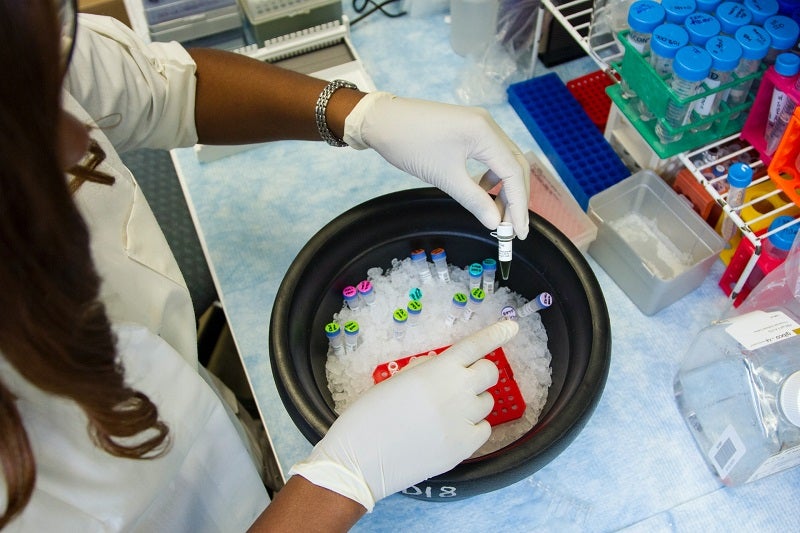

BioNTech has signed a memorandum of understanding (MoU) with the Government of the UK to provide personalised mRNA cancer immunotherapies for up to 10,000 patients by 2030.
This is part of a multi-year collaboration, which is focused on infectious disease vaccines, cancer immunotherapies based on mRNA or other drug classes, and investments to expand the company’s footprint in the country.
The UK government and the company intend to expedite trial site and participant recruitment for clinical candidates of BioNTech’s personalised mRNA cancer immunotherapies and infectious disease vaccines pipeline, as part of the agreement.
They plan to use the UK’s clinical trial network, genomics, and health data assets.
The collaboration’s next steps include the selection of trial sites, candidates, and a development plan, with an aim to enrol the first cancer patient in the second half of this year.
BioNTech aims to design and launch randomised clinical trials, with registrational potential for its personalised mRNA cancer immunotherapies in the country.
BioNTech CEO and co-founder professor Ugur Sahin said: “This agreement is a result of the lessons learnt from the Covid-19 pandemic, as we all experience that drug development can be accelerated without cutting corners if everyone works seamlessly together towards the same goal.
“Our goal is to accelerate the development of immunotherapies and vaccines using technologies we have been researching for over 20 years.
“The collaboration will cover various cancer types and infectious diseases affecting collectively hundreds of millions of people worldwide.”
The company intends to set up a research and development (R&D) hub in Cambridge, with the aim to employ over 70 highly skilled scientists, and the first employee is expected to start work by the end of the first quarter of this year.
Cell & Gene Therapy coverage on Clinical Trials Arena is supported by Cytiva.
Editorial content is independently produced and follows the highest standards of journalistic integrity. Topic sponsors are not involved in the creation of editorial content.


